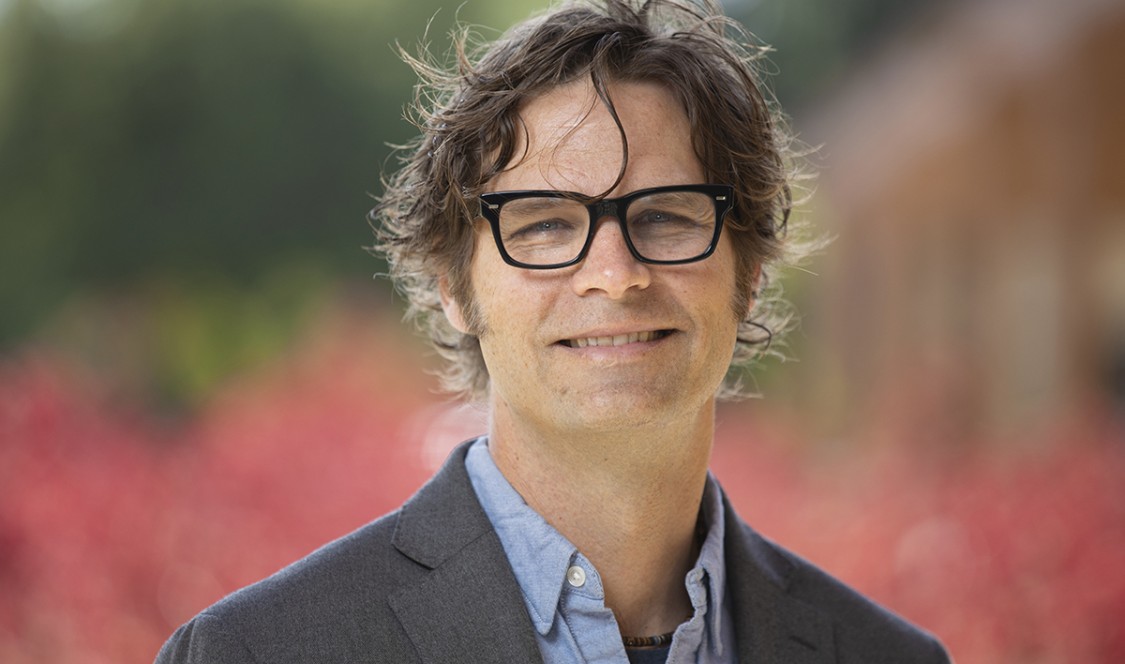Across the CMC curriculum, members of our faculty are meeting the challenge of these unprecedented and historic times, delivering exceptional coursework in a fully online modality for the fall semester. In our Academic Innovations series of faculty Q&As, professors share their curricular highlights, best practices, and how students are helping to shape virtual learning for a memorable, collaborative academic experience.
David Bjerk, the Russell S. Bock Professor of Public Economics and Taxation, is teaching “Economics of Poverty, Inequality, and Discrimination” this fall.
What learning opportunities are you seeing as a result of this crisis?
The twin social issues of the past six months---COVID-19 and the social activism and unrest related to race and policing---have thrust the topics of the class I’m teaching this fall to the front of the national discussion. The underlying issues of inequality in health outcomes between the rich and the poor—and racial inequality in not only policing but across almost every aspect of American society— are not new and solving them will not be easy. Providing background on these issues, as well as a toolkit for analyzing the underlying causes and possible remedies, will hopefully equip my students to be informed leaders in this important ongoing discussion.
What are some specific adjustments or additions you are making to your classes this fall?

I’m much more aware of the importance of facilitating interaction and collaboration between my students. In a normal semester, such interaction happens naturally, both in class and around campus. Obviously, this semester, such interactions won’t be as natural. I’m hoping to engage them much more—not only with a very interactive class time, but also by converting many assignments into collaborative group exercises. My hope is that this will translate beyond just the actual assignments to creating more trust and openness in class discussion. I hope it will also foster a broader discussion outside of class that will continue into future semesters.
What do you think students will enjoy most about your fall course and gain the greatest benefits from virtually?
In addition to the greater emphasis on group collaboration, I hope my students really engage with the material. While some of the material will be complicated and push them a bit, I hope this work will provide them the skills and knowledge to feel confident engaging and leading discussions of poverty and racial inequality issues long after they leave the classroom. I am also taking advantage of the virtual format to invite one or two of the authors we are reading in class to present their work and engage directly with the students.
How do you think CMC and its students are best prepared to adjust to virtual teaching? What gives you the greatest confidence in this semester?
I think CMC has a long history of a personal, engaging, and collaborative learning environment. Given this, I think moving to online instruction this semester will not prove to be the interruption it will be at other institutions. Faculty and students are used to engaging with each other on a personal level, which I think will facilitate an engaging online environment. Moreover, as someone who has been at CMC for a dozen years, I have been continually impressed by the commitment and ability of my colleagues in my department and across the college to deliver an exceedingly high-quality and engaging education. I feel confident our whole faculty will rise to the challenge of figuring out how to continue this mission as we move online.
What is your hope for your students this fall?
While online learning is not the CMC experience any CMC student would necessarily hope for, it is a lesson that life will be full of adversity. Figuring out how to successfully respond to adversity is what makes people, and the population more broadly, resilient and successful. My hope is that our students will rise to this challenge, making a personal effort to engage and learn in this challenging environment, helping not just themselves keep their education on track, but also their classmates. In this way, I hope to continue to learn from them, as well.
Click here for a full list of curricular innovations from CMC faculty in the fall.
—Gilien Silsby

